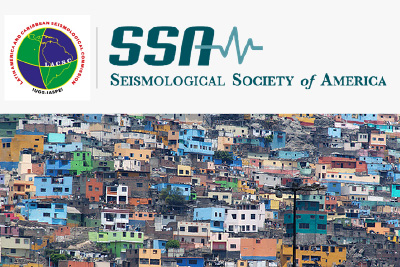
Luis Yamin Lacouture, Jose Raul Rincon Garcia, Esteban Prada Serrano, Diana Herrera Garcia, Julian Daza Gomez and Angie Garcia Arevalo are part of the Uniandes research center CIMOC that will be presenting their project “Recent Seismic Microzonation Study for the Aburra Valley, Colombia”. Here is an outline of the work they accomplished.
The city of Medellin and its metropolitan area (about 3 million inhabitants) are located in the Aburra valley in Colombia, which is an active seismic region. Colombian seismic design code (NSR-10) dictates that every city with a population over 100,000 inhabitants must have a seismic microzonation study. These studies aims to evaluate the amplification effects generated by the dynamic response of soil deposits, which substantially modifies the characteristics and intensity of a seismic event. Furthermore, these studies propose specific recommendations for seismic design of buildings and many other applications. The Aburra Valley presents a complex geological and geotechnical conditions, where the quality and quantity of available information is not sufficient for the purposes of these studies. Hence, a great uncertainty in the subsequent analysis and the final results is expected. This paper presents the overall methodology used for the microzonation study in the Aburra Valley considering the different sources of uncertainties. First, a bedrock level probabilistic seismic hazard assessment (PSHA) was performed to calculate hazard curves and uniform hazard spectra at the region. Several boreholes and geotechnical information were gathered throughout the study zone in order to characterize the variability of the soil deposits due to its geological origin. Several 1D soil dynamic response analysis were performed in order to characterize the spectral amplification surfaces and its uncertainty for different seismic intensities. Additionally, 2D models were analyzed to consider topographic amplification effects. Local seismic records were analyzed to calibrate and validate the microzonation results. Finally, the spatial distribution of seismic acceleration at surface level was calculated using new approaches in which the fundamental soil period of vibration is the main parameter of integration. Updated seismic design parameters were proposed in accordance to those stablished in NSR-10.
Hope you can be a part of this great conference. For additional information please visit SSA website.

